各位同学在查看时请点击全屏查看
2018年黔东南中考英语冲刺试题
(本试题卷满分150分。考试时间120分钟)
第一部分:听力(30分)
I. 听力。(此题有四节组成,共20小题,其中第一、二节每小题1分,第三、四节每小题2分,共30分)
第一节:听句子两遍,选择正确的应答语,完成1-5小题。用2B铅笔把答题卡上对应题目的答案标号涂黑。
1. A. Yes, I can. B. Sure, I’d love to. C. No, she can’t.
2. A. Twice a week. B. In two weeks. C. For a month.
3. A. My clothes are out of style. B. You should say you’re sorry C. I’m fine.
4. A. You’re welcome. B. No, not at all. C. Yes, please.
5. A. I agree. It’s great fun. B. No, I don’t.
C. I disagree. They aren’t serious enough.
第二节:听对话两遍,选择与对话内容相符的图,完成6-10小题。用2B铅笔把答题卡上对应题目的答案标号涂黑。

A B C D E
6.________ 7. ________ 8. ________ 9. ________ 10. ________
第三节:听对话两遍,根据对话内容,选择最佳答案。将所选答案填入答题卡内,完成11-15小题。用2B铅笔把答题卡上对应题目的答案标号涂黑。
11. A. To a bank. B. To a restaurant. C. To a bookstore.
12. A. A teacher. B. A doctor. C. A reporter.
13. A. By bike. B. By bus. C. On foot.
14. A. She has a fever. B. She has a sore throat. C. She drinks lots of water.
15. A. Thin. B. Tall. C. Short.
第四节:听短文三遍,根据短文内容填写所缺的单词(每空一词)。将所缺单词用0.5毫米黑色签字笔填入答题卡内相应的位置上,完成16-20小题。
Why do people want to learn English? It is difficult to 16 this question. Many boys and girls learn English at school because it is one of their required 17 . They study their own language and math and English. Some people learn it because it is 18 for their work. Many people learn English for their 19 studies, because at college or university some of their books are in English. 20 people learn English because they want to read newspapers or magazines in English.
第二部分:语言知识运用(50分)
II. 单项选择(共20小题, 每小题1分,共20分)
A. 请在下列各题所给点四个选项中选出最佳选项,完成21-35小题,用2B铅笔把答题卡上对应题目的答案标号涂黑。
21. Tom is now making _____ kite. He’s going to fly ______kite with ______brother after lunch.
A. a, a, his B. a, the, his C. a, the, him D. the, the, her
22. An old friend of my sister’s always helps my brother and ______ with ______English.
A. I, our B. me, my C. I, my D. me, our
23. I asked the twins to come to my birthday party. But ______ came at last.
A. both B. neither C. all D. none
24. There are ______ days in a year.
A. three hundreds sixty-five B. three hundred and sixty-five
C. three hundred sixty-fifth D. three hundreds of sixty-five
25. She bought some ______ on the way home yesterday.
A. potato and meats B. potatoes and meats
C. patatoes and meat D. potatos and meat
26. —Is the math problem ______?
—Yes, I can work it out ______.
A. easy, easily B. easy, easy C. easily, easy D. easily, easily
27. To keep ______, we should eat as ______vegetables as we can.
A. health, many, B. healthy, much C. healthy, many D. healthy, more
28. —Must I clean the classroom now? —______. You can do it after school.
A. No, you needn’t B. No, you mustn’t
C. Yes, you must D. Yes, I can
29. —Do you know Wu Tao?
—Yes. He and I______ friends since we studied in this school.
A. made B. have made C. are D. have been
30. My parents often tell me _____ with strangers in the street.
A. don’t talk B. not to talk C. not talk D. not talking
31. You’d better ______ the new word in a dictionary if you don’t know how to pronounce it.
A. look for B. look after C. look up D. look out
32. Do you know the boy ______is talking to Li Ning?
A. which B. whose C. whom D. who
33. —I will go for a picnic with my family this weekend.
—______
A. Have fun. B. It’s a pleasure. C. That’s all right. D. I’d love to.
34. —Could you tell me______?
—Maybe in a week. I’m not quite sure.
A. where has he gone B. who will he go skating with
C. how soon he will be back D. how long he has been in Beijing?
35. I wonder if it ______ fine tomorrow. I will go fishing with my grandfather if it ______ fine.
A. will be, will be B. is, will be C. is, is D. will be, is
B. 请从下列各题的四个选项中,选出一个意思相同或相近的选项替换句子中划线部分,完成36-40小题。用2B铅笔把答题卡上对应题目的答案标号涂黑。(5分)
36. He didn’t come back home until he used up all his money.
A. ran out of B. ran out C. spent D. cost
37. —Have you ever heard of Bin Laden, the famous terrorist?
— Yes. He was killed ten days ago.
A. heard from B. heard about C. listened to D. listened
38. People should stop smoking because it is bad for their health.
A. practice B. keep C. give up D. give in
39. His father will fly to Shanghai next week.
A. take a train B. take a ship C. take a car D. take a plane
40. I visit my grandparents twice a month.
A. help B. go to see C. interview D. take care of
III.完形填空。从短文后所给各题的四个选项中选出一个能填入空格的最佳答案,完成41-50题。用2B铅笔把答题卡上对应题目的答案标号涂黑。每小题2分,共20分。
You may not know how his magic tricks(魔术)work.But that’s why they are so much fun!
David Copperfield is one of the world’s most 41 magicians(魔术师). He began studying magic 42 he was a child. 43 the age of 12, he was the youngest person in the Society of American Magicians. Now he is famous all over the world.
In 1983, he made the Statue of Liberty(自由女神像)in New York disappear for 44 minutes. In 1986, Copperfield 45 came to China. He walked through the Great Wall in Beijing! During his second visit in 2002, lots of Chinese people were lucky enough to enjoy his 46 . This year he came to China again. He showed everyone, young and old, lots of new magic tricks. Copperfield’s shows began in Beijing in April. Then he gave shows in Changsha, Hangzhou, Nanjing, Shanghai and so on…seven other cities in China in April and May. There were 38 shows 47 .
Copperfield’s shows are not just magic. He also dances and does lots of interesting things to make his fans happy. He even asks his fans to 48 him do tricks! One of Copperfield’s greatest tricks is flying. In his shows in China, he even made some fans fly around the theatre! In another trick, an electric saw(锯) 49 Copperfield’s body in half. Copperfield’s magic is 50 each time. What do you think he will do next time? It will be fun to wait and see!
41. A. please B. useful C. dangerous D. famous
42. A. if B. before C. when D. till
43. A. At B. In C. On D. With
44. A. few B. a few C. little D. a little
45. A. first B. second C. third D. fourth
46. A. books B. clothes C. shows D. pictures
47. A. in fact B. in all C. in person D. in turn
48. A. order B. laugh C. help D. break
49. A. eat B. cut C. pick D. draw
50.A. different B. boring C. same D. bad
IV.补全对话。用方框中提供的信息,补全对话,完成51-55小题。用2B铅笔把答题卡上对应题目的答案标号涂黑。每小题2分,共10分。
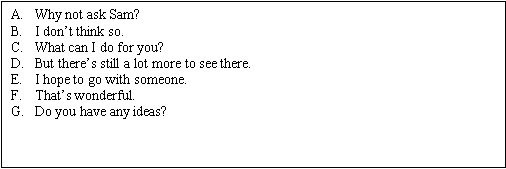
A: Hi, Tony! Have you got any plans for the coming holiday?
B: Not yet. _ 51
A: Yes. I plan to go to Beijing this summer.
B: 52 But didn’t you go there last year?
A: Yes, I did. _53
B: That’s true. Will you travel alone?
A: No. _ 54 But it seems that everyone has his own plan.
B: _ 55 When I saw him yesterday, he was reading a book about Beijing.
A: Thank you for telling me. I will call him tomorrow.
第三部分:阅读理解(40分)
V.阅读理解。根据短文内容,从短文后所给各题的四个选项中,选出一个最佳答案,完成56-70小题。用2B铅笔把答题卡上对应题目的答案标号涂黑。每小题2分,共30分。
A.
Doctors have studied sleep for many years. It is reported that people have five stages(阶段)of sleep and that people may go through each stage about every 90 minutes. During the first two stages, you sleep lightly. That is, if someone calls you or puts his hands on you, you wake up quickly. Your body rests quietly. Your heart beats slowly. You breathe more slowly than when you are awake.
During stages three and four, you sleep deeply. You don’t hear sounds. Lights don’t wake you up. Your heart beats more slowly than in stages one and two. The last stage of sleep is called Rapid Eye movement. During REM sleep, you breathe faster, and your heart beats faster than in stage one through four. Your eyes move rapidly under your eyelids. All of this happens because you are dreaming. What doctors have proved (证明)is that everyone dreams.
56. During stages one and two, ______.
A. we don’t wake up easily B. we breathe quickly
C. we don’t want to wake up D. we wake up easily
57. The word rapidly in the passage means ______.
A. slowly B. quickly C. smoothly D. quietly
58. When we sleep deeply, ______.
A. we can hear sounds B. we can hardly breathe
C. neither sounds nor lights can wake us up easily D. our hearts beat faster and faster
59. The Rapid Eye Movement shows that ______.
A. we are dreaming B. we want to wake up
C. our eyes are under the eyelids D. we can hear someone calling
60. Which of the following is true?
A. Five stages of sleep usually takes 90 minutes.
B. Sometimes we may go from the last stage of sleep to the first.
C. It is proved that we all dream during sleep.
D. Your eyelids sometimes open during REM sleep.
B.
A young man is having an exam to go into the army. In fact, he doesn’t want to join the army but he has to, because it’s thought to be a duty for the young to do that in his country except for those who can’t pass the exam. Now, the doctor is checking his eyes. The doctor says, “Sit down on this chair.”
The young man says, “Chair? What chair?”
The doctor helps him to sit down and asks him to look at the chart.
The young man says again, “Chart? What chart?”
The doctor is very sorry and he tells the young man that his eyes are so bad that he can’t be in the army.
You can suppose how happy the young man is. Then he goes to see a film. When the lights come on in the theatre after the film comes to an end, he suddenly sees the eye doctor, who is sitting next to him. The young man doesn’t know what to do! He is afraid that the doctor may find out that he has good eyes. Soon, he comes up with a good idea. He turns to the doctor and says, “Excuse me, madam. What time does this bus arrive in New York?”
61. Why must the young man have the exam? ______
A. To get a driver’s license. B. To be a doctor.
C. There’s something wrong with his eyes. D. To see whether he can go into the army.
62. The young man acts as if he could not see the chair or the chart, because ______.
A. he doesn’t want to check his eyes B. he doesn’t want to go into the army
C. he doesn’t like the doctor D. he doesn’t like having an exam
63. Which is NOT right? ______
A. His eyes are bad. B. He can see the chart.
C. As soon as the exam finishes, the doctor doesn’t think he can be in the army
D. Both the young man and the doctor go to see a film.
64. Why does the young man ask the doctor, “What time does this bus arrive in New York?”
A. He is really going to New York in a bus.
B. The doctor asks him to go to New York together.
C. He doesn’t want the doctor to know he has good eyes, so he just pretends to be in a bus.
D. The doctor know the time.
65. What do you think of the young man? ______
A. He is dishonest. B. He is unlucky. C. He is kind. D. He is honest.
C
Mr Smith worked in a post office three years ago. When he was sixty, he retired. Now he and his wife stay at home and his children work in another city. The old woman does all housework and he has nothing to do at home. He likes neither reading nor watching games. At first he didn’t know how to spend the spare time. Mr Hunt, who was two years older than him, asked him to go fishing with him.
“It’s a good sport,” said Mr Hunt. “I’m sure you’ll soon be intereted in it.”
“But I can’t fish at all, you know.”
“That’s easy. Go fishing with me tomorrow morning and I’ll teach you.”
Mr Smith decided to try his luck. The following day the two old friends came to a river and began to fish. Suddenly Mr Smith said, “I say, how much do those little red things cost?”
“You mean the floats(浮子)? Oh, they are cheap. What made you ask me such a question?”
“I owe(欠)you for one. Mine has just sunk(下沉).
66. Mr Hunt is ______ years old now.
A. sixty B. sixty-three C. sixty-five D. seventy
67. Mr Smith feels lonely because ______.
A. he doesn’t like any games B. he’s lost his work
C. his children don’t look after him D. he can’t learn to do any housework
68. At first Mr Smith didn’t know how to spend his spare time because______.
A. he had no favorite sports B. he was too weak to have sports
C. he wouldn’t stay at home D. he wanted to have a good rest
69. ______, so he asked Mr Smith to go to fish with him.
A. Mr Hunt like fishing B. Mr Hunt thought fishing was good
C. Mr Hunt liked working D. Mr Hunt was good at fishing
70. Which of the following is true?
A. Mr Smith lost one of Mr Hunt’s float. B. Mr Smith was lucky that day.
C. Mr Smith didn’t fish any fish. D. Mr Hunt was angry with his friend.
D
阅读下面的短文,完成71-75小题,并将答案用0.5毫米黑色签字笔写在答题卡相应的位置上。每小题2分,共10分。
My good friend bought a parrot. It can say a lot of words, but most of the words the bird knew were bad words. At first my friend thought it was funny, but when his good friends came, the bird’s bad words embarrassed him very much.
As soon as his good friend left, my friend shouted at the parrot angrily, “That language must stop!” But the bird answered him with curses(脏话). He shook(摇动)the bird and shouted again, “Don’t use those ugly words!” Again the bird cursed him.
My friend was really angry. He took the parrot and threw it into the freezer(冷冻柜).
This time there was silence. After five minutes, my friend opened the door and took out the very cold parrot. Slowly the scared parrot walked up my friend’s arm, sat on his shoulder and spoke into his ear, “I am sorry for my behavior and I will never behave badly again.”
My friend asked, “Why do you change your bad habit?|
The bird answered, “Because I saw how you dealt(deal的过去式)with the other birds.”
71. What vocabulary did the parrot often say?
_________________________________________________________________
72. What did the parrot do after my friend shouted at it?
_________________________________________________________________
73. How did my friend deal with the parrot?
_________________________________________________________________
74. Why did the parrot change its habit?
_________________________________________________________________
75. The parrot was scared, wasn’t it?
_________________________________________________________________
第四部分:初级写作(30分)
VI.短文填空。用括号中所给此的适当形式填空或根据汉语提示写单词(注意词形变化),完成76-85小题,并将答案用0.5毫米黑色签字笔填入答题卡相应的位置上。每小题1.5分,共15分。
A young man 76 (one) asked Albert Einstein, the great German 77 (科学家), what the secret of success is. Einstein 78 (告诉)him that the secret of success is hard work. A few days 79 (late) the young man asked the same 80 (问题)again. Einstein was very 81 (annoy). He did not say anything, but wrote a few words on a piece of paper and handed it to the young man. The young man 82 (看)at the piece of paper. On it was 83 (write):
A = X + Y + Z.
“What does this mean?” asked the young man. “A means success,” 84 (解释说)Einstein. “X stands for ‘hard work’, Y for good methods’, and Z means ‘stopping 85 (talk) and getting down to work’.”
VII.书面表达(15分)请将文章用0.5毫米黑色签字笔写在答题卡相应的位置上。
请以“I want to be a/an.…”为题写一篇短文,词数60~80词。内容必须包括提示中的三项要求,请不要使用真实姓名及所在学校名称。
提示:
①What do you want to be?
②Why do you want to be a/an…?
③How can you make it come true?
________________________________________________________________________________________________________________________________________________________________________________________________________________________________________________________________________________________________________________________________________________________________________________________________________________________________________________________________________________________________________________________________________________________________________________________________________________________________________
2018年黔东南中考英语冲刺试题听力材料及参考答案
第一节:听句子两遍,选择正确的应答语,完成1-5小题。
1. Can you come to my party?
2. How often do you shop?
3. What’s the matter? A
4. Would you mind moving your car?
5. Kids should be allowed to drive.
第二节:听对话两遍,选择与对话内容相符的图,完成6-10小题。
6. W: Do you think there will be robots in people’s homes? M: Yes, there will.
7. W: How do you go to school? M: I ride my bike.
8. W: How long have you been skating? M: I’ve been skating since I was seven years old.
9. W: What’s happening outside? M: There’s a car accident.
10. M: What should I get my cousin for her birthday? W: How about a scarf.
第三节:听对话两遍,根据对话内容,选择最佳答案。
11.W: Excuse me. Could you please tell me where I can get a dictionary?
M: Sure. There’s a bookstore on River Road.
Q: Where is the woman going?
12. M: What are you going to be when you grow up?
W: Well, I want to be a reporter, but my mother wants me to be a doctor.
Q: What does the girl’s mother wants her to be?
13. W: How do you get to school, Tom? M: I ride my bike. How do you get to school, Ann?
W: I take the bus. Q: How does Ann get to school?
14. M: What’s the matter? W: I’m not feeling well. M: Do you have a sore throat?
W: No, I don’t. I have a fever. M: You should drink lots of water.
Q: What’s wrong with the girl?
15. M: Tina, you’re very tall! But you used to be short. W: Yes, it makes me happy.
Q: Did Tina use to be short or tall?
第四节:听短文三遍,根据短文内容填写所缺的单词(每空一词)。
Why do people want to learn English? It is difficult to answer this question. Many boys and girls learn English at school because it is one of their required subjects. They study their own language and math and English. Some people learn it because it is useful for their work. Many people learn English for their higher studies, because at college or university some of their books are in English. Other people learn English because they want to read newspapers or magazines in English.
答案:听力部分:1-5 BAABC 6-10 BCEAD 11-15 CBBAC 16-20 见第四节听力材料。
笔试部分:II. 单项选择:21-25 BDBBC 26-30 ACADB 31-35 CDACD 36-40 ABCDB
III.完形填空:41-45 DCABA 46-50 CBCBA
IV.补全对话 51-55 GFDEA
V.阅读理解 56-60 DBCAC 61-65 DBACA 66-70 CAABB
71. It often said ugly words. 72. It answered him with curses.
73. He threw it into the freezer. 74. Because it saw the frozen chickens in the freezer. 75. Yes, it was.
VI.短文填空 76. once 77. scientist 78. told 79. later 80. question
81. annoyed 82. looked 83. written 84. explained 85. talking
VII.书面表达 (略)
1

孔乙己是贫困潦倒的知识分子。在书中,孔乙己是一个知识分子,满口“之乎者也”,但是他很穷,还窃书,说过“读书人的事,怎么能叫窃,”被人嘲笑,他...
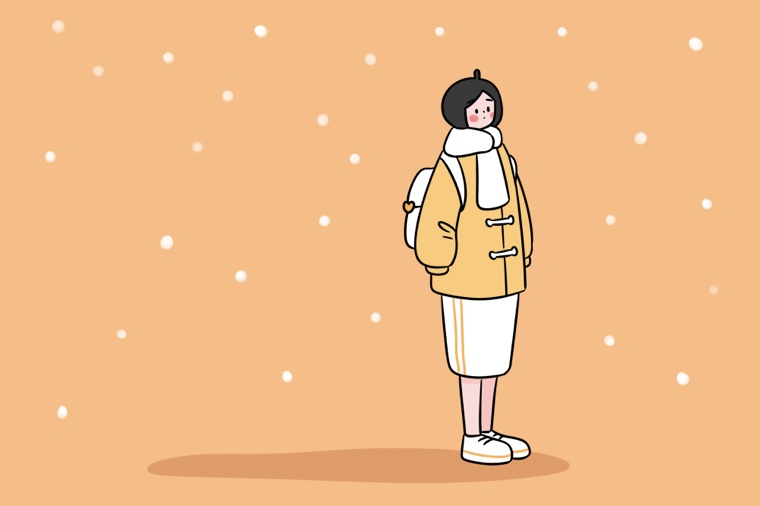
自然界产生氧气的化学方程式:光合作用的反应式为6CO2+12H2O→C6H12O6+6O2+6H2O。包括光反应和暗反应两个过程。需要具备光...
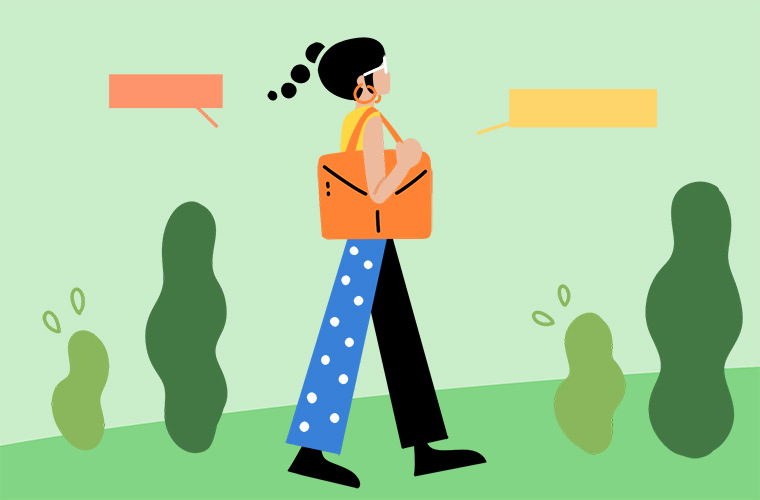
有的高校没有条件,只要学业水平成绩都合格就可以,比如中国科学院大学。有的需要平常学习考试成绩,比如北京外国语大学要求高三第一学期期末成绩在全...
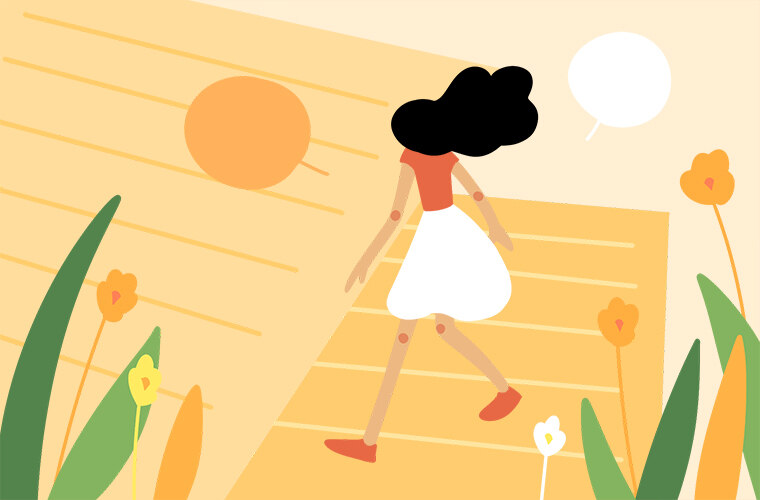
在四则运算中,表示计算顺序,在小括号之后、大括号之前;表示两个整数的最小公倍数;表示取未知数的整数部分;在函数中,表示函数的闭区间;在线性代...
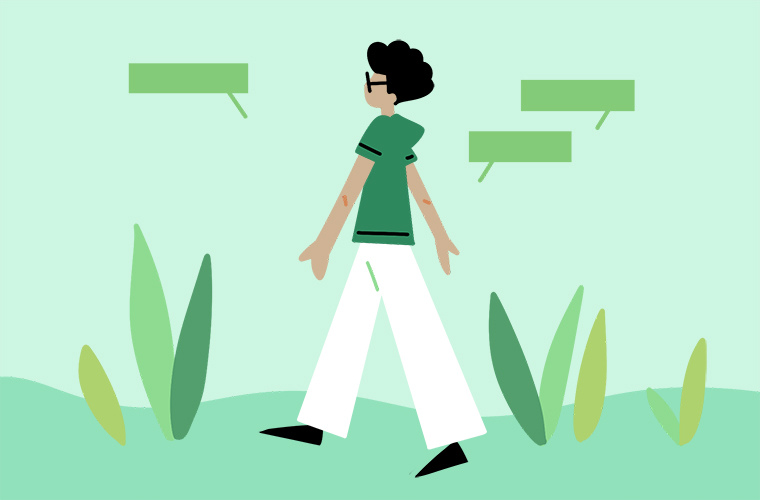
济南开设的最好的职高学校有:济南方信集团职业高中、济南公共交通职业高中。济南市公共交通职业高级中学是由济南市公共交通总公司承办,业务属济南市...

实然:是说事物实际上就是这样的,但不同于现实性(现实性指其有合理性和客观性);应然:就是应该是怎么样的意思,比如说这件事,就应该是那样的结果...

地中海气候一种夏季炎热干燥、冬季温和多雨,雨热不同期的气候类型。地中海气候冬季受西风带控制,锋面气旋频繁活动,气候温和,最冷月的气温在4-1...
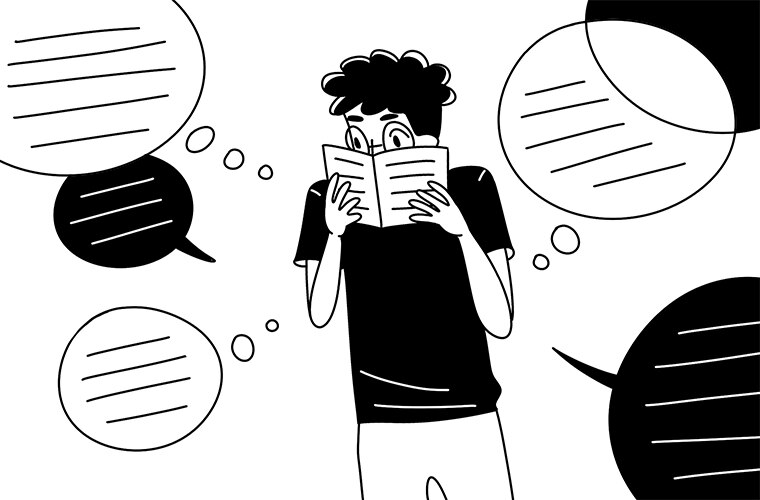
碱石灰,又称钠石灰,碱石灰是白色或米黄色粉末,疏松多孔,是氧化钙(CaO,大约75%),水(H₂O,大约20%),氢氧化钠(NaOH,大约3...